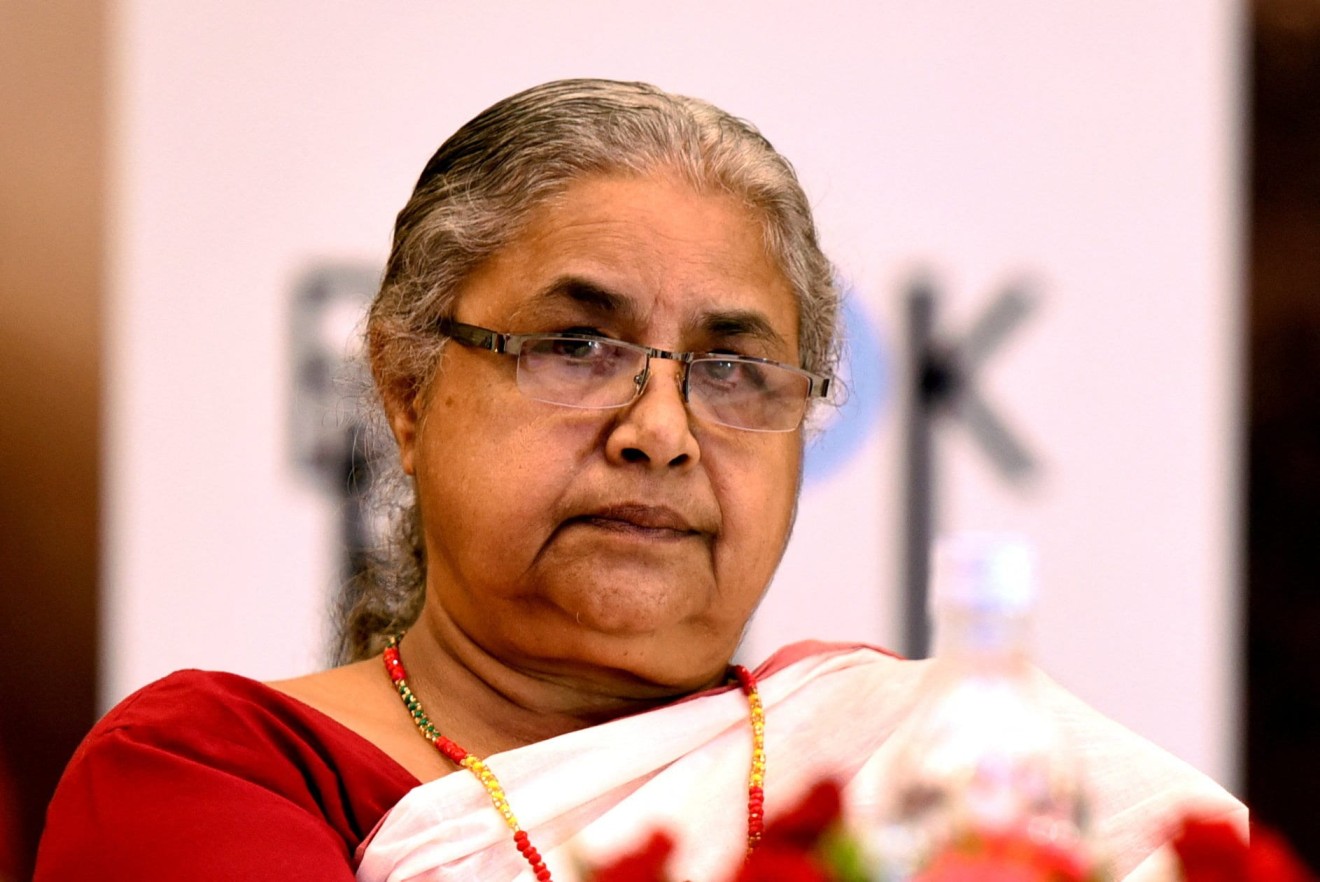
Sushila Karki Becomes Nepal’s First Female Prime Minister Amid Unrest
- World News
- September 12, 2025
- No Comment
Report by “Safarti Tarjuman” International News Desk
Former chief justice Sushila Karki was sworn in as Nepal’s interim prime minister on Friday, becoming the country’s first woman to lead the government after violent anti-corruption protests forced the resignation of K.P. Sharma Oli.
President Ramchandra Paudel administered the oath of office in a ceremony broadcast live from Kathmandu. Karki’s appointment followed negotiations between the president, army chief Ashok Raj Sigdel, and leaders of the protest movement, which marked Nepal’s most severe political upheaval in years.
The week-long unrest, led by the so-called “Gen Z movement”, left at least 51 people dead and more than 1,300 injured after demonstrations against corruption and a social media ban spiraled into violence. The ban has since been lifted.
Karki has been tasked with overseeing fresh parliamentary elections, scheduled for March 11, 2026, and is expected to appoint her cabinet in the coming days. Protesters had named her their preferred choice due to her reputation for honesty, integrity, and anti-corruption efforts during her tenure as Nepal’s only female chief justice (2016–2017).
Constitutional expert Bipin Adhikari said her immediate priority would be to investigate the protest violence, restore order, and rebuild public trust. “She must provide good governance, control corruption, maintain law and order, assure security, and strengthen policing,” he noted.
For many young demonstrators, Karki’s appointment was both a victory and a moment of mourning. “We did it for them, for New Nepal!” said protester Manjita Manandhar, referring to the dozens killed. “This is just the beginning. We must stay strong and move forward together.”
Families across Kathmandu began collecting the bodies of loved ones on Friday. Among them was Ashab Alam Thakurai, 24, newly married just a month before he was killed. “The last time we spoke, he said he was stuck in the protest. Later we found him in the morgue,” his uncle recalled.
Since the abolition of its monarchy in 2008, Nepal has struggled with political instability, corruption, and economic challenges. Millions of Nepalis continue to migrate abroad for work, sending remittances that remain vital to the country’s economy.
As normalcy slowly returned to Kathmandu—with shops reopening and traffic resuming—police patrolled the streets with batons instead of guns, a symbolic shift from the violence earlier in the week. Yet the wounds of the unrest remain raw, as families grieve and the nation awaits the leadership of its first female prime minister.
Thank you for reading! For comprehensive news coverage and exclusive stories, visit SafartiTarjuman.com




